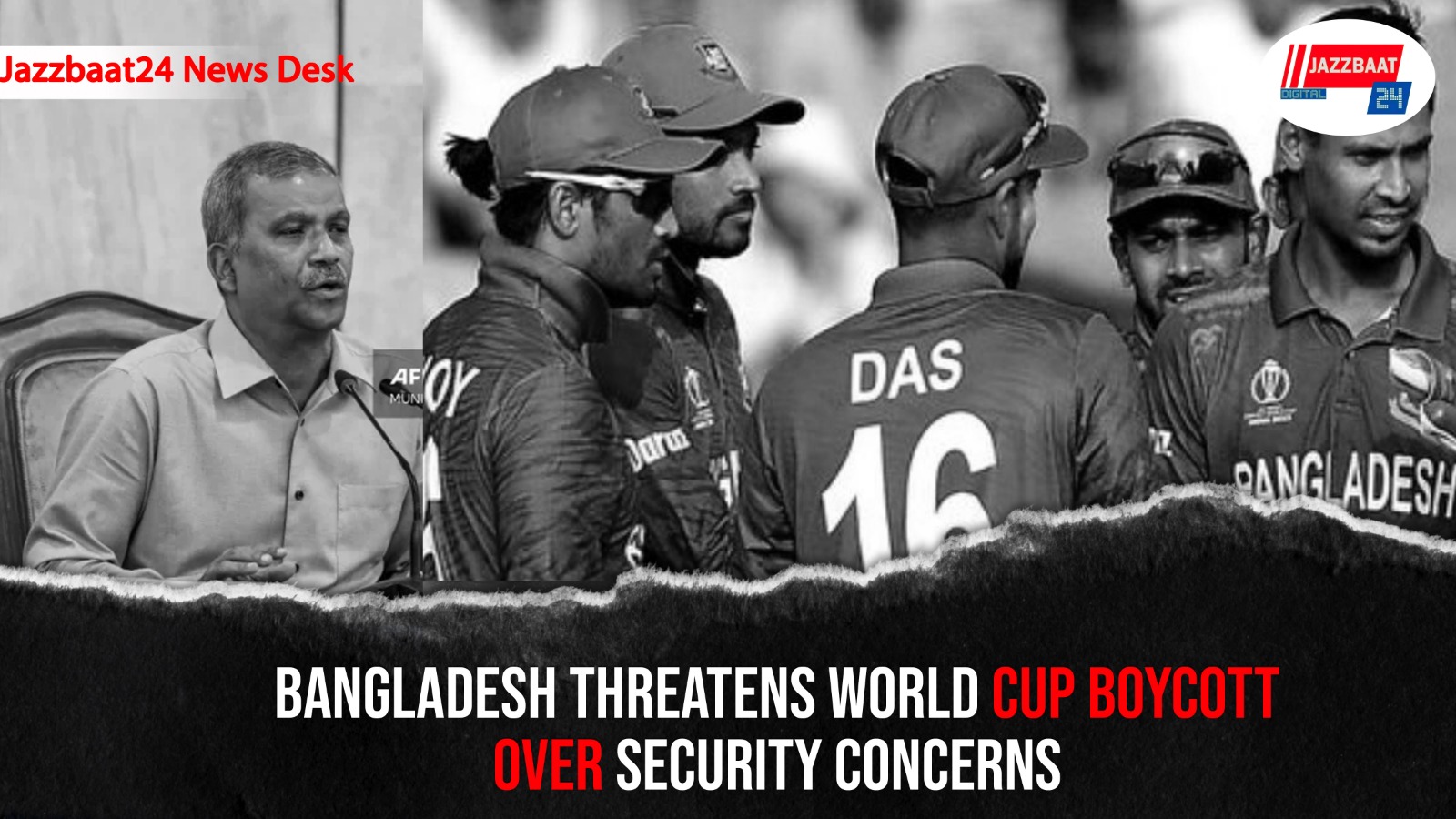Digital Peril: Cyber Crimes Add to Climate Woes
President Droupadi Murmu recently drew attention to two of the most pressing challenges of our time—cyber crimes and climate change—highlighting their significant implications for human rights globally. Her remarks underscore the urgency of redefining the scope of human rights to adapt to modern-day challenges.
The digital age, while fostering unprecedented connectivity and innovation, has also opened doors to cyber crimes that threaten privacy, security, and even democratic processes. Data theft, online harassment, and misinformation campaigns are not just isolated incidents; they are systemic issues affecting millions. President Murmu's call to address these concerns resonates deeply with nations struggling to balance technological advancements with the protection of individual rights.
Simultaneously, climate change continues to exacerbate inequalities, particularly in vulnerable regions where extreme weather events displace communities and deprive them of basic necessities. Rising temperatures and unpredictable weather patterns are no longer mere environmental concerns; they have become human rights issues, as access to food, water, and shelter becomes increasingly precarious.
The President’s message is a wake-up call for governments, organizations, and individuals alike to adopt a dual approach. On one hand, stronger cybersecurity frameworks are needed to combat online threats. On the other, global collaboration is essential to mitigate climate change and ensure the protection of the planet’s most vulnerable populations.
In a rapidly evolving world, the definition of human rights must expand to encompass these emerging threats, fostering a collective resolve to safeguard humanity’s future.





